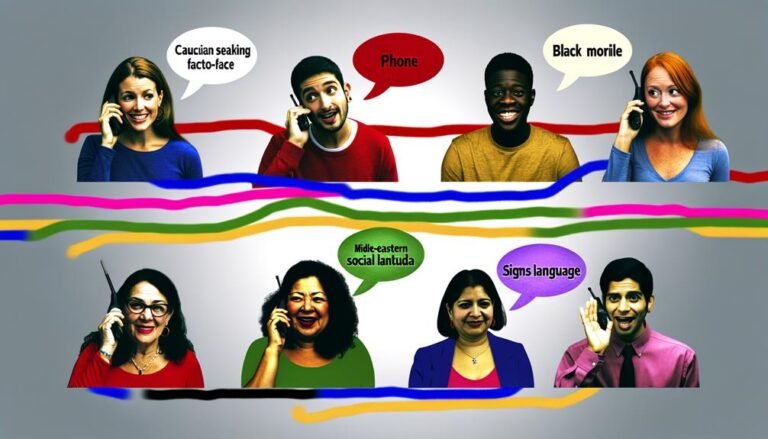What to Do When Plans Change: Right Practices for Professional Communication
In the world of business, change is the only constant. Whether it’s a last-minute scheduling conflict or a significant shift in project direction, adapting to changes while maintaining professionalism is essential for success. One common Situation many professionals encounter is the need to cancel or reschedule a job interview. How you handle such changes can significantly impact your reputation and the impression you leave on others. This blog post explores the best practices for professional communication when plans change, focusing on canceling a job interview.
The Importance of Professional Communication
Professional communication is vital in all business interactions. It demonstrates respect for others’ time, fosters strong relationships, and builds credibility. When plans change—such as needing to cancel or reschedule an interview—it is crucial to communicate effectively to minimize inconvenience and maintain a positive impression.
Imagine you are a candidate who has been preparing for a job interview for a position you are excited about. However, a family emergency arises, and you must cancel the interview the next day. If you want to know how to cancel a job interview properly, follow these best practices for professional communication. Remember, how you handle this situation can make a difference in this opportunity and your professional reputation in the long run.
1. Notify as Soon as Possible
The sooner you communicate your need to cancel, the better. As a professional, you must respect the interviewer’s time. Notify them as soon as you realize you cannot attend. This allows them to adjust their schedule and fill the interview slot with another candidate. For example, if you know you cannot interview in the morning, email immediately rather than wait until the afternoon. Timeliness shows respect and consideration.
2. Be Honest but Professional
When canceling an interview, it is important to be honest about the reason while maintaining professionalism. You don’t need to provide excessive details about your situation; simply acknowledging the circumstance is sufficient. For instance, mentioning a “family emergency” provides enough context without oversharing. This approach allows you to communicate your sincerity without compromising your professionalism.
3. Propose Alternative Dates and Times
After notifying the interviewer about your cancellation, express your eagerness to reschedule the interview by suggesting alternative dates and times. This shows your continued interest in the position and willingness to accommodate the interviewer’s schedule.
4. Express Gratitude and Understanding
When communicating about a change in plans, always express gratitude for the interviewer’s understanding and flexibility. This not only reflects your appreciation but also leaves a positive impression. If you have successfully rescheduled the interview, follow up closer to the date. A simple confirmation email can reinforce your professionalism and commitment to the interview.
Additional Tips for Handling Changing Plans Professionally
While canceling a job interview is a specific situation, the principles of effective professional communication apply to a wide range of scenarios. Choose the appropriate communication method based on the situation. An email is usually best for urgent matters like canceling an interview, but a phone call can be more personal if time allows. Always follow up with written communication to confirm the conversation. Changes in plans can be stressful, but it’s essential to remain calm and composed. Your tone should always be respectful, whether you’re communicating with colleagues, clients, or potential employers.
Changes in plans are an inevitable part of professional life. Whether you need to cancel a job interview or adjust a project deadline, effective communication is critical to maintaining professionalism and respect. You can navigate these changes smoothly by notifying relevant parties promptly, being honest yet professional, proposing alternatives, and expressing gratitude. Remember, how you handle unexpected changes can leave a lasting impression on others.







